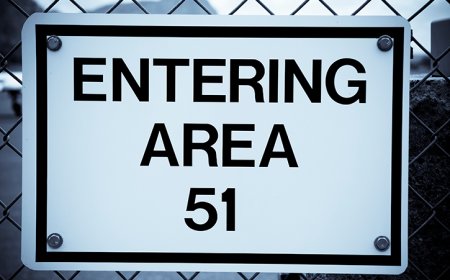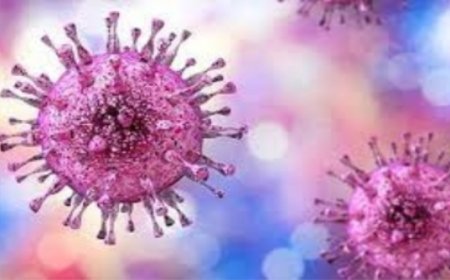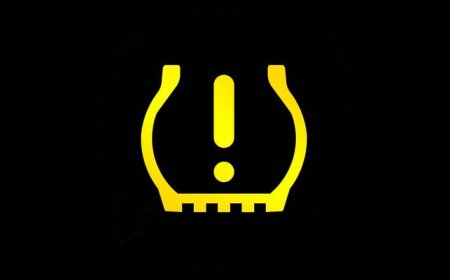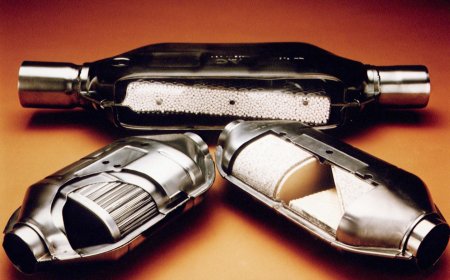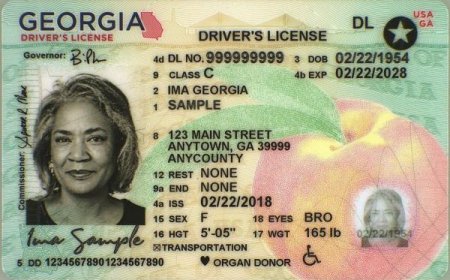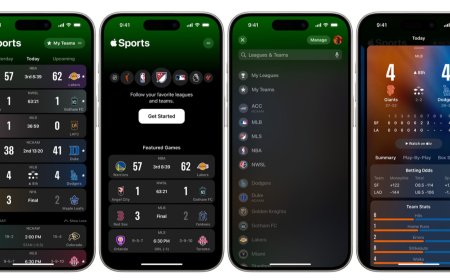Don't Ignore These Early Signs of Diabetes - How to Recognize the Early Signs of Diabetes
Learn about the early signs of diabetes and how to recognize them. Don't ignore the symptoms, as early diagnosis and management can prevent long-term complications.
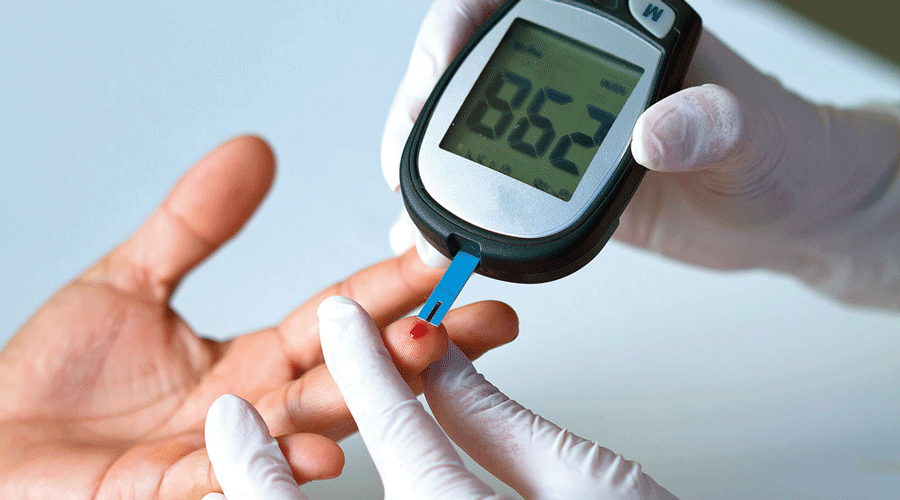
Don't Ignore These Early Signs of Diabetes - How to Recognize the Early Signs of Diabetes
Diabetes is a chronic medical condition characterized by high blood sugar levels in the body. It is a growing health concern worldwide and can lead to serious complications if left untreated. Early diagnosis and management of diabetes are essential to prevent long-term complications. In this article, we will discuss the early signs of diabetes that should not be ignored and how to recognize them.
Understanding Diabetes
Before we dive into the early signs of diabetes, it is essential to understand what diabetes is and how it affects the body. There are two main types of diabetes, type 1 and type 2 diabetes.
Type 1 Diabetes
Type 1 diabetes is an autoimmune disease where the body's immune system attacks and destroys the insulin-producing cells in the pancreas. Insulin is a hormone produced by the pancreas that helps the body use glucose for energy. Without insulin, the body cannot use glucose, and the glucose builds up in the bloodstream, leading to high blood sugar levels. Type 1 diabetes usually develops in childhood or adolescence and requires lifelong insulin therapy.
Type 2 Diabetes
Type 2 diabetes is a metabolic disorder where the body becomes resistant to insulin or does not produce enough insulin to meet the body's needs. Type 2 diabetes is the most common type of diabetes and usually develops in adulthood, but it can occur at any age. Risk factors for type 2 diabetes include obesity, a sedentary lifestyle, a family history of diabetes, and ethnicity.
Early Signs of Diabetes
Early diagnosis and management of diabetes are crucial to prevent long-term complications such as blindness, kidney disease, nerve damage, and cardiovascular disease. Here are some early signs of diabetes that should not be ignored:
Increased Thirst and Frequent Urination
One of the early signs of diabetes is increased thirst and frequent urination. When there is excess glucose in the bloodstream, the body tries to get rid of it by excreting it in the urine. This leads to increased urine production and the need to urinate frequently. As a result, the body becomes dehydrated, leading to increased thirst.
Fatigue and Weakness
Another early sign of diabetes is fatigue and weakness. When the body cannot use glucose for energy, it starts breaking down fat and muscle for energy, leading to fatigue and weakness.
Blurred Vision
High blood sugar levels can cause changes in the shape of the lens in the eye, leading to blurred vision.
Slow Healing of Cuts and Wounds
High blood sugar levels can affect blood flow and damage the nerves, leading to slow healing of cuts and wounds.
Numbness and Tingling in Hands and Feet
High blood sugar levels can damage the nerves, leading to numbness and tingling in the hands and feet.
How to Recognize the Early Signs of Diabetes
If you experience any of the above symptoms, it is essential to get your blood sugar levels checked. Here are some ways to recognize the early signs of diabetes:
Monitor Your Blood Sugar Levels
Monitoring your blood sugar levels is essential to recognize the early signs of diabetes. You can use a blood glucose meter to check your blood sugar levels at home. If your blood sugar levels are consistently high, you may have diabetes.
Get Regular Check-Ups
Getting regular check-ups with your healthcare provider is essential to recognize the early signs of diabetes. Your healthcare provider can perform a blood test called a hemoglobin A1C test, which measures your average blood sugar levels over the past three months.
Know Your Risk Factors
Knowing your risk factors for diabetes is essential to recognize the early signs of diabetes. If you have a family history of diabetes, are overweight, have high blood pressure, or are physically
Increased Hunger
When the body cannot use glucose for energy, it starts breaking down fat and muscle for energy. This leads to increased hunger, as the body tries to get more energy from food.
Unexplained Weight Loss
Unexplained weight loss can be an early sign of diabetes, especially in people with type 1 diabetes. When the body cannot use glucose for energy, it starts breaking down fat and muscle for energy, leading to weight loss.
Dry Mouth and Skin
High blood sugar levels can cause dehydration, leading to dry mouth and skin.
Yeast Infections
High blood sugar levels can promote the growth of yeast, leading to infections in the genital area or mouth.
Irritability and Mood Changes
High blood sugar levels can affect the brain and lead to irritability and mood changes.
How to Recognize the Early Signs of Diabetes
Recognizing the early signs of diabetes is essential to prevent long-term complications. Here are some ways to recognize the early signs of diabetes:
Know the Risk Factors
Knowing the risk factors for diabetes is essential to recognize the early signs of diabetes. Some of the risk factors for diabetes include:
- Family history of diabetes
- Obesity or overweight
- Sedentary lifestyle
- High blood pressure
- Age over 45
- Ethnicity (e.g., African American, Hispanic/Latino, Native American, Asian American, Pacific Islander)
If you have any of these risk factors, it is essential to be vigilant about the early signs of diabetes.
Monitor Your Blood Sugar Levels
Monitoring your blood sugar levels is essential to recognize the early signs of diabetes. You can use a blood glucose meter to check your blood sugar levels at home. If your blood sugar levels are consistently high, you may have diabetes.
Get Regular Check-Ups
Getting regular check-ups with your healthcare provider is essential to recognize the early signs of diabetes. Your healthcare provider can perform a blood test called a hemoglobin A1C test, which measures your average blood sugar levels over the past three months.
Pay Attention to Your Body
Paying attention to your body is essential to recognize the early signs of diabetes. If you experience any of the symptoms mentioned above, it is essential to get your blood sugar levels checked.
Conclusion
Diabetes is a growing health concern worldwide, and early diagnosis and management of diabetes are essential to prevent long-term complications. Recognizing the early signs of diabetes is crucial, as it can lead to timely diagnosis and treatment. If you experience any of the symptoms mentioned above, it is essential to get your blood sugar levels checked. Knowing your risk factors for diabetes and monitoring your blood sugar levels can also help you recognize the early signs of diabetes.
What's Your Reaction?












